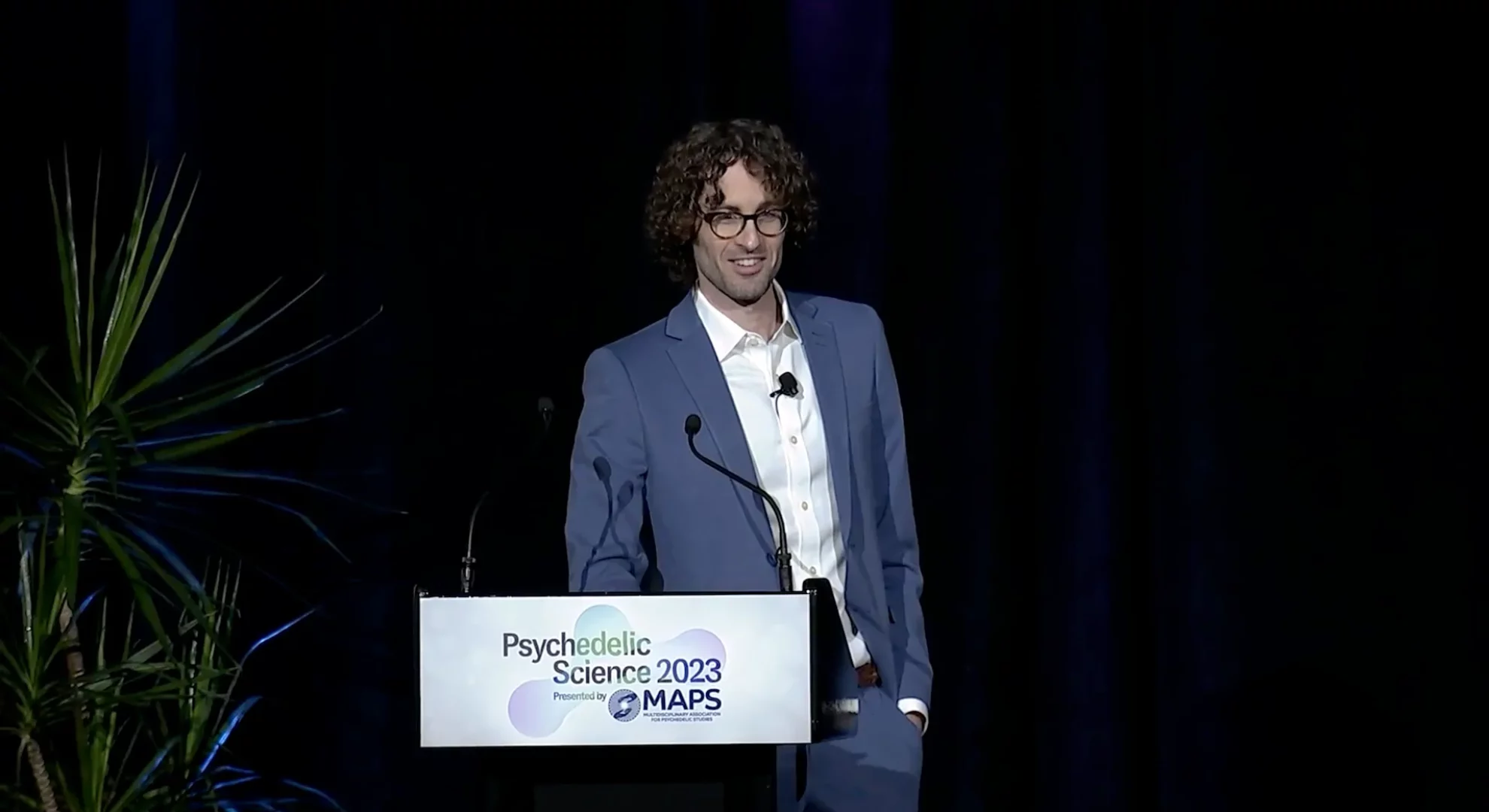
Psilocybin-assisted Therapy for Major Depressive Disorder: Clinical Results and Cases From a Placebo-controlled, Fixed-order Trial
Several early phase studies have demonstrated that psilocybin-assisted therapy has rapid-acting and persisting antidepressant effects from just one or two doses. However, methodological limitations (e.g., placebo-control, blinding) limit interpretability of the existing literature and mechanisms of action remain unclear. In this talk, Dr Sloshower will present the methods and clinical results of an exploratory placebo-controlled, fixed order study of psilocybin-assisted therapy among individuals with moderate to severe major depression (n=19). Dosing sessions were embedded within an 8-session manualized course of Acceptance and Commitment Therapy (ACT) and enhanced blinding procedures were used. Depression, anxiety, quality of life, and psychological flexibility were measured over a 16-week study period. Depression and anxiety significantly improved following both placebo and psilocybin with no significant difference in the degree of change between the two conditions. However, antidepressant effect sizes were larger after psilocybin than after placebo and there were lasting improvements in mood-related quality of life domains and psychological flexibility. The results of this study highlight the complex interplay between expectancy, therapy effects, and drug/placebo effects in studies of psychedelic-assisted psychotherapy. Nonetheless, the acute and persisting clinical improvements observed following psilocybin support further study of its potential in the treatment of major depression. To this end, Dr Kilpatrick will conclude the talk presenting longitudinal case studies of two participants that raise important questions for the future of this treatment modality.
Share: Psilocybin-assisted Therapy for Major Depressive Disorder: Clinical Results and Cases From a Placebo-controlled, Fixed-order Trial
Facebook
Twitter
LinkedIn
Email




